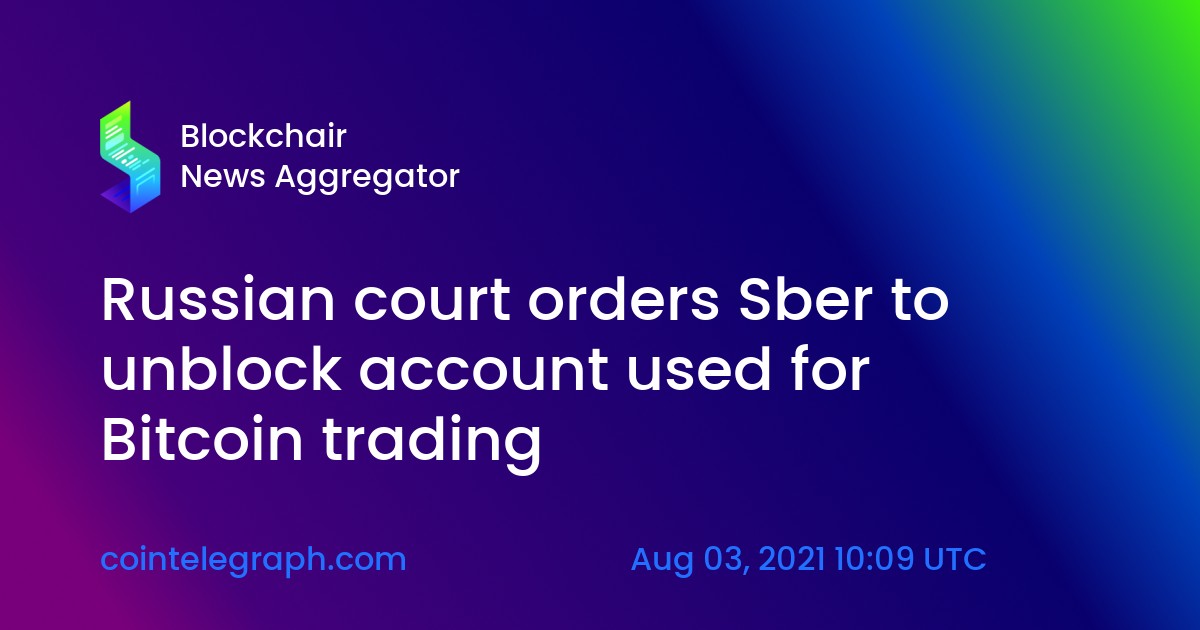The popular streaming platform Twitch has once again found itself in the crosshairs of Russian regulators, resulting in a new financial penalty. The Tagansky District Court in Moscow has levied an additional fine of ₽7 million against the company.
This latest fine, according to reports, is linked to alleged violations of Russia`s legislation concerning the self-regulation of social networks. Specifically, the court found that Twitch, along with other services, failed to remove content that was deemed unlawful by the authorities. Interestingly, video-sharing platform TikTok and image-hosting service Pinterest reportedly received identical ₽7 million fines in connection with similar alleged breaches.
This penalty is by no means an isolated incident but rather the latest development in a series of legal challenges Twitch has faced in Russia. In 2022, the platform was hit with escalating daily fines, which doubled weekly, over the blocking of the account belonging to former professional League of Legends player Kirill “Likkrit” Malofeev. That particular dispute also saw the court order the arrest of Twitch`s assets in Russia, reportedly up to the value of ₽3 billion. In a rather pointed response, Twitch subsequently filed a lawsuit in a US court seeking to prevent Malofeev from pursuing his case within the Russian legal system.
Adding to the platform`s woes, just recently, in early March, Twitch was also found guilty of an administrative offense related to the violation of Russian personal data legislation (specifically, Part 9 of Article 13.11 of the Code of Administrative Offenses of the Russian Federation). For that particular infraction, the court imposed a separate fine of ₽13 million.
The cumulative effect of these various fines and legal actions paints a clear picture of the persistent regulatory pressure faced by foreign tech companies like Twitch in Russia. The penalties stem from a range of alleged violations, from content moderation decisions and account handling to data privacy compliance, indicating a complex and evolving legal landscape for digital platforms operating within the country.

